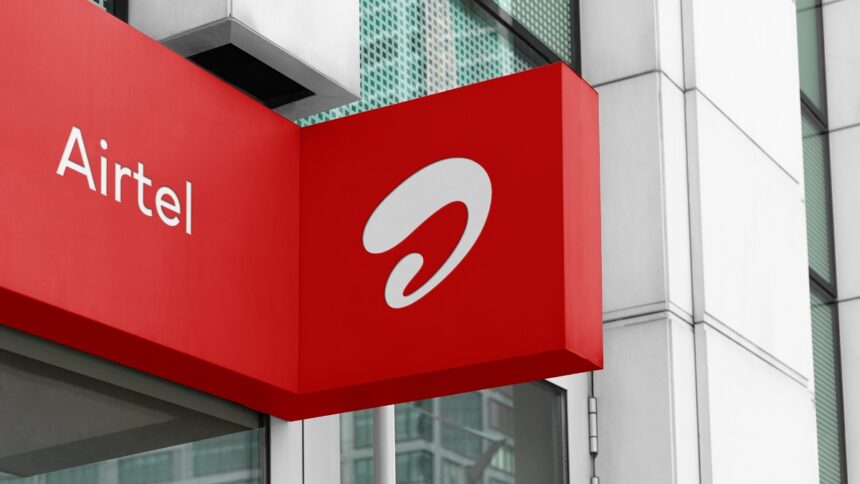Airtel Africa has extended its $100 million share buyback programme, first launched in December 2024, in partnership with Barclays Capital Securities Limited. The scheme, aimed at improving shareholder returns, has so far returned $34.7 million through the repurchase of 14.2 million shares, with $20.3 million still to be acquired.
The initiative, now running until March 2026, follows the completion of an initial $50 million phase in April 2025 and currently includes a $55 million tranche.
The telecommunications group, listed on the Nigerian Exchange (NGX), is operating within regulations that restrict share buybacks to 15% of issued shares over two years. All repurchased shares will be cancelled, reducing the company’s share capital and potentially increasing earnings per share (EPS).
The buyback follows a strong performance in the first quarter of 2025, when Airtel Africa reported a 16-fold increase in EPS to 3.4 cents, supported by higher operating profits and lower foreign exchange losses. The company also raised capital expenditure by 27%, investing $737 million in 2024 to expand infrastructure and secure spectrum across its markets.
The extension of the scheme, according to Airtel Africa, also reflects its intention to provide consistent shareholder value while maintaining investment in its network. The partnership with Barclays ensures compliance with regulations during closed trading periods and seeks to limit market disruption.
Airtel Africa has in recent years considered a separate listing of its mobile money business but postponed the initial public offering in 2025, choosing instead to direct capital into shareholder-focused measures such as the buyback.
Industry observers point out that buybacks may improve financial ratios by reducing outstanding shares, but they can also indicate fewer reinvestment options. Airtel Africa has argued that its programme complements long-term growth priorities, pointing to a 29.5% increase in mobile money revenue and a 24% rise in its customer base.
The company continues to weigh shareholder rewards alongside reinvestment, citing foreign exchange volatility and other economic pressures in its largest market, Nigeria.








